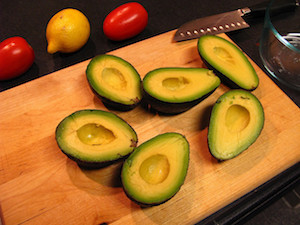Even if you’re a very fit person, exercising outdoors in hot summer weather can be dangerous. Unless you take the necessary precautions, the heat and humidity can cause dehydration, dizziness, and exhaustion. Here are a few smart tips to help you exercise safely outside all summer long.
- Stay hydrated. This one may seem obvious, but dehydration is the leading cause of illness and injury during hot weather exercise. Be sure to drink a lot of water not only during and after exercise, but also beforehand to fuel your body for your workout.
- Choose smart times. Because the sun is lower (and so is the temperature) during the morning and evening, these are the smartest times to exercise outdoors.
- Wear the right clothes. While you might wear sweatpants to exercise outdoors in the fall, you should invest in something lightweight and absorbent in the summer. Try synthetic fabrics like Spandex and Lycra, as these wick away moisture.
- Listen to your body. Even if you’ve only been running for 10 minutes, that might be too much for your body in the dog days of summer. If you start to feel lightheaded and dizzy while exercising, make sure that you stop or slow down, no matter how long it’s been.
5 Ways to Exercise Safely in the Heat [U.S. News]
8 Tips for Exercising in Summer Heat [Active]
Essential Tips for Outdoor Exercise [Arm & Hammer]





 Equal Housing Opportunity
Equal Housing Opportunity